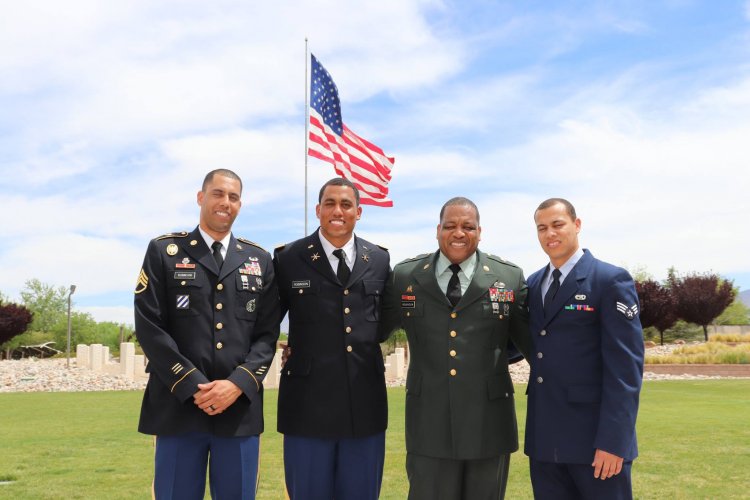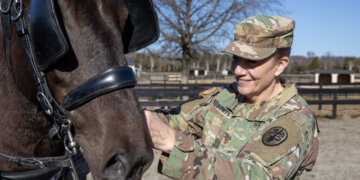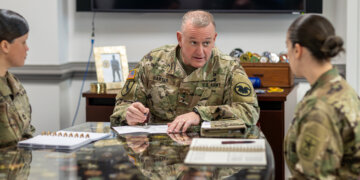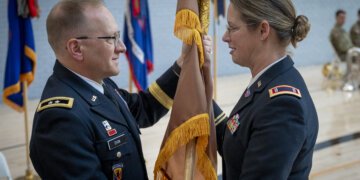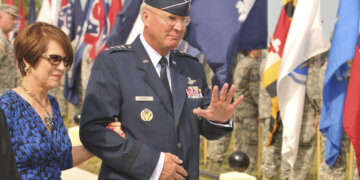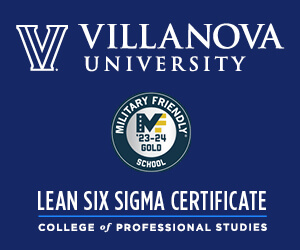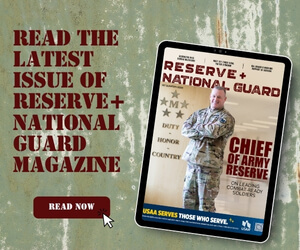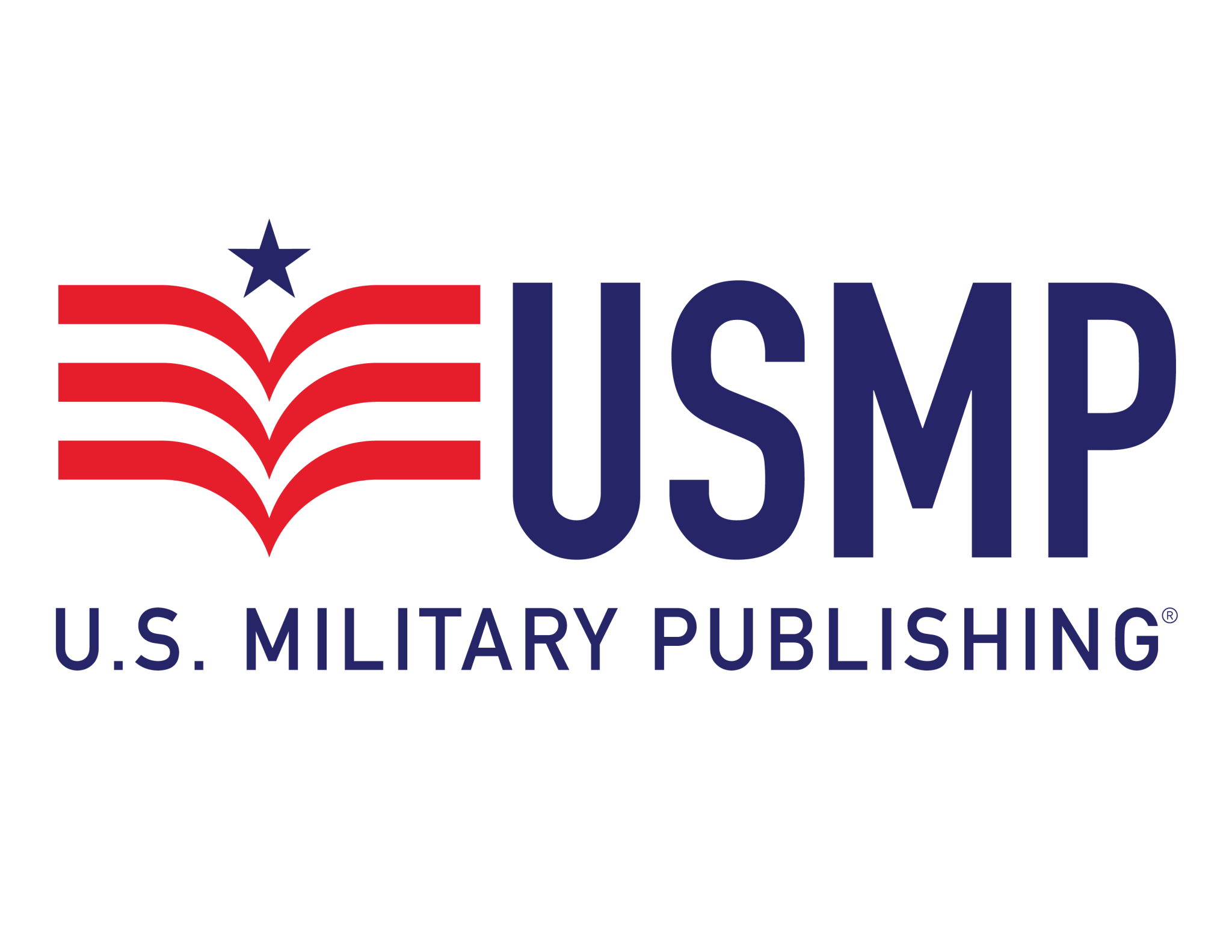This article was originally published in the 2022 1st Quarter edition of Reserve & National Guard Magazine.
Army recruiter Sgt. 1st Class Damian Robinson enlisted in the military in 2008. Since then, he has moved from Active Guard Reserve to the Army Reserve and back four times. These transitions, which included a tour in Iraq, were pivotal steps for his military service and leadership responsibilities.
“When returning to part-time units, I was able to take the acquired knowledge and apply it to the Army Reserve, making units more well-rounded and mission capable with lessons learned,” Robinson said. “The leadership experience I gained while on active orders did not change the slower tempo that the reserve generally has, but it made that slower tempo more efficient in training soldiers during the weekend.”
Robinson joined the reserves after high school. He says the part-time requirements allowed him to focus on, and succeed in, his college education. For both his associate and bachelor’s degrees, he took advantage of education benefits, which are available as soon as a soldier completes basic training.
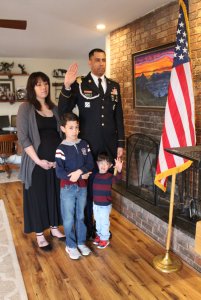
“I received my education debt-free, and I will never have the burden of student loan debt because I was in the reserve,” said Robinson, who is currently a recruiter in Kansas.
Benefits for reservists and guardsmen cover housing and tuition exclusively; virtually all education expenses are covered for AGR students.
According to the Department of Veterans Affairs website, the following is required for the Montgomery GI Bill-Selected Reserve:
- A six-year obligation in the Selected Reserve;
- Completion of initial active duty for training;
- Good standing in a drill unit;
- A high school diploma or equivalency.
For those who served on active duty after Sept. 10, 2001, you may qualify for the Post-9/11 GI Bill. Below are eligibility requirements, according to VA:
- Served at least 90 days on active duty (either all at once or with breaks in service) on or after Sept.11, 2001, OR
- Received a Purple Heart on or after Sept. 11, 2001, and were honorably discharged after any amount of service, OR
- Served for at least 30 continuous days (all at once, without a break in service) on or after September 11, 2001, and were honorably discharged with a service-connected disability, OR
- Student is a dependent child using benefits transferred by a qualifying veteran or service member.
Housing loans
As a family man, other Army benefits are also key for Robinson, who purchased a home using a VA loan. Because of that, he had no down payment and low interest rates.
“I’ve done this twice now,” he said.
RELATED: VA loan experts offer advice for first-time homebuyers
Qualifications for the loan program – eligible to service members and veterans for refinancing or purchasing a new home with zero down – vary.
VA requires guardsmen and reservists to have served at least six years in the Selected Reserve, and:
- Honorably discharged, OR
- On the retired list, OR
- Honorably transferred to Standby or Ready Reserve, OR
- Continues to serve in the Selected Reserve longer than six years, OR
- Served at least 90 days on Title 10 orders during wartime, OR
- Discharged or released from active duty due to a service-connected disability.
Preparing for retirement
As a soldier’s career advances, retirement benefits also are distinct across these categories of service.
“Active-duty soldiers can retire after 20 years and draw their full pension immediately,” said Robinson. “Reservists and Guards[men] are also eligible for retirement after 20 years but can’t start drawing their pensions until they’re 62.”
Understanding benefits
In his role, Robinson not only recruits new soldiers, but provides counseling for those making the transfer from full- to part-time service.
“For transfers, AGR go through their branch manager to request a release from active duty to go back to part-time status,” Robinson said. “To move from part-time to full-time, they submit a request packet with their unit.”
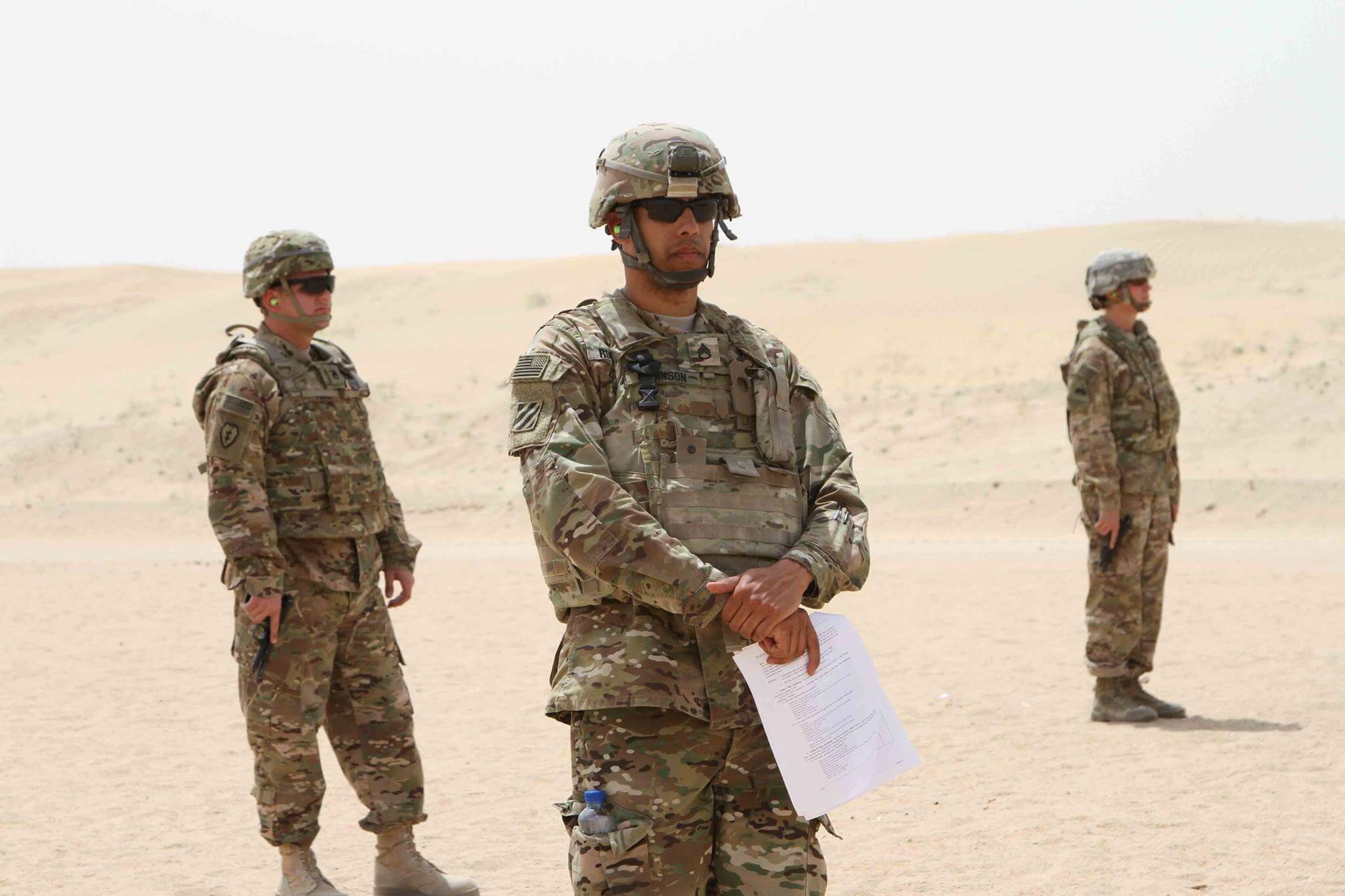
Soldiers also go through the Soldier for Life Transition Assistance Program, which Robinson said “prepares soldiers with beneficial training for the next steps in their transition, such as Veteran Affairs processing, resume writing, career services, along with education and vocational programs.”
Whether AGR or Reserve/National Guard, Robinson helps soldiers find direction and a home in the Army.
“I’ve put in a lot of people into the military that otherwise would not have thought about it,” said Robinson, whose grandfather served in World War II, and whose father and brothers are also Army veterans.
“I’ve been at the right place and right time and helped a lot of people come into the Army. They’ve wrapped their lives around the benefits and service, and I’ve helped the military find talent to accomplish their mission.”



